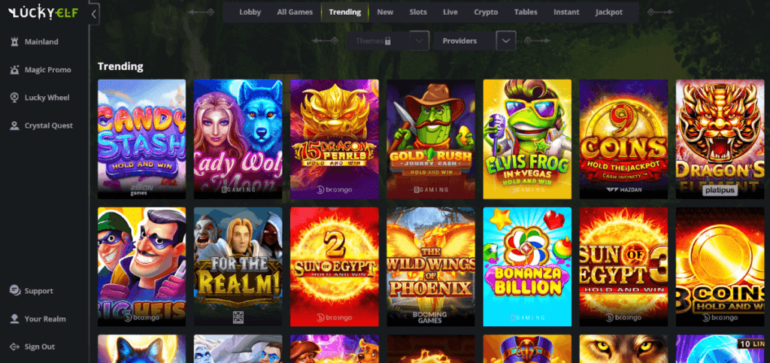Gaming has evolved from a casual pastime to a full-blown career for some, and the financial rewards in this world are staggering. Whether it’s dominating in tournaments or earning millions from streaming, the leading figures in the gaming scene are living proof that gaming can be incredibly lucrative. But what exactly fuels these gamers’ success? Let’s delve into the dedication and hard work that these internet sensations put into turning their passion into substantial wealth.
At the top of the charts, you’ve got players like Shroud, Ninja, and PewDiePie, who have amassed fortunes in the tens of millions. Shroud, for example, blew up in competitive CS: GO before transitioning to streaming games like Valorant, building an audience that generates jaw-dropping income from ads, sponsorships, and donations. Ninja? The Fortnite king amassed about $40 million, thanks to his record-breaking wins and streaming empire. Then there’s PewDiePie, who turned his personality into a YouTube powerhouse with over 111 million subscribers, cashing in on a mix of gameplay, memes, and entertainment.
But let’s not forget the esports pros grinding behind the scenes. Players like Faker, the South Korean League of Legends legend, or Bugha, who dominated Fortnite’s World Cup, make millions straight from tournament wins and team contracts. These pros don’t just play games; they become household names in their niches, securing sponsorship deals and creating content that amplifies their earning power.
One gamer who’s been stirring up the streaming world is Adin Ross. Born in Boca Raton, Florida, Ross didn’t just settle for the usual gaming grind. Starting with NBA 2K and GTA V, he quickly turned into a livestreaming phenomenon, racking up millions of followers across Twitch, YouTube, and now Kick. Adin’s style is all about mixing gaming with celebrity collaborations, controversial moments, and engaging personality. This combo has made him a highly sought-after figure in the live streaming scene, pulling in big bucks through platform deals, sponsorships, and donations. Even with his ups and downs, like Twitch bans and heated controversies, he keeps bouncing back, proving that in this game, personality counts just as much as skill.
So, how exactly do these gamers make their money? Prize money from tournaments is the obvious starting point. Big esports tournaments can have prize pools in the millions. For instance, N0tail, a Dota 2 superstar, snagged $27 million across multiple International championships. But winning isn’t everything. Streaming platforms like Twitch, YouTube, and Kick play a massive role. Viewers tune in for hours, and streamers earn through ad revenue, subscriptions, donations, and sponsorship deals. Brands are lining up to sponsor gamers because they tap into a young, engaged audience like no other. From energy drinks to gaming gear, the endorsements are everywhere.
Another big money maker is content creation beyond just live streams. YouTubers produce highlights, tutorials, and entertaining videos that continue earning ad revenue long after they’re posted. This passive income can stack up big time. Plus, exclusive deals with platforms are exploding. These deals, such as Adin Ross’s reported multi-million dollar contract with Kick, often include incentives that can skyrocket a streamer’s earnings if they hit certain viewer milestones.
Even more surprising is the rise of “side hustles” within the gaming world, including live casino games. Some streamers incorporate casino content to diversify their audience and revenue streams. This versatility and adaptability are a testament to how gamers are always on the lookout for new opportunities to turn their content into cash.
At the end of the day, these live streaming gamers are not just skilled players; they are astute entrepreneurs who have combined their talent, personality, and business acumen to build multi-million dollar careers. It’s not just about winning tournaments or entertaining viewers; it’s about creating a brand that fans want to follow, support, and invest in. Whether they’re competing in tournaments or engaging with millions during a stream, they’re making gaming more than a hobby; it’s a lifestyle, and one incredibly lucrative at that.






